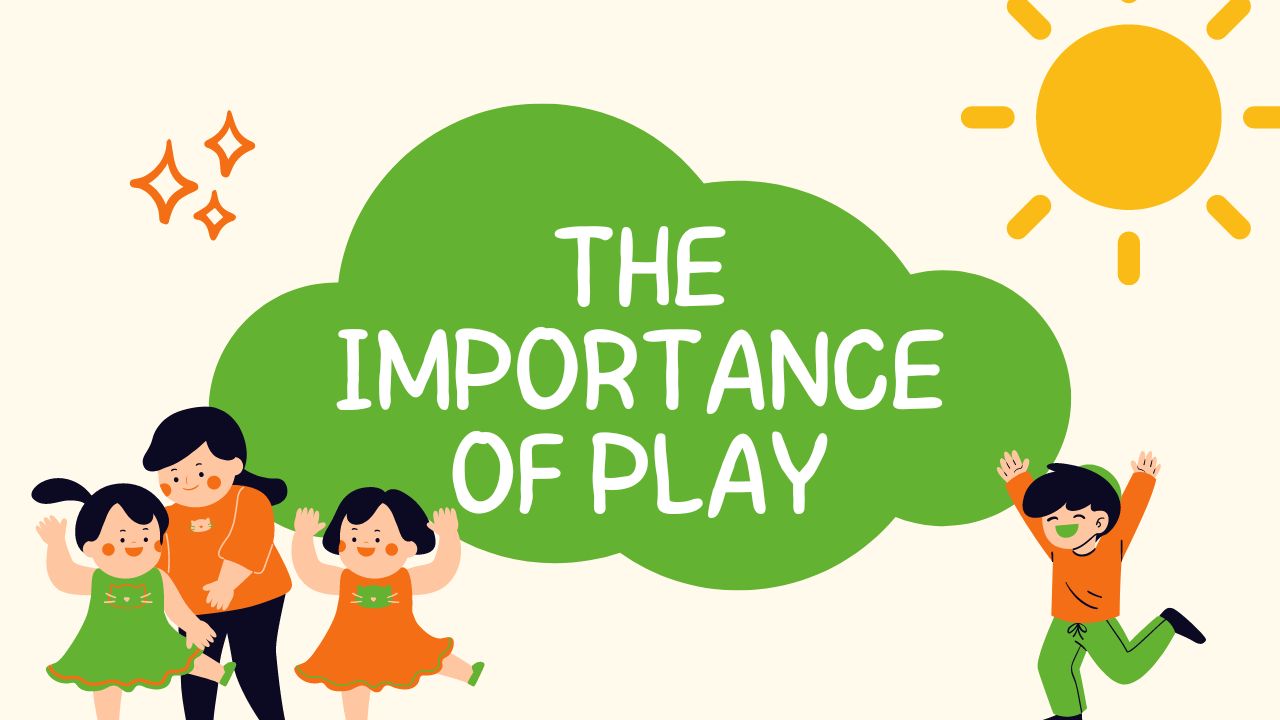
Playing is an important part of every human's life. There is absolutely no age restriction to play. In fact, play can reduce stress and enhance productivity at work if included in the daily routine.
Though we all know the importance of play in a child's life, we associate it with fun rather than a learning experience. Play not only helps the child's physical growth but also improves their ability to learn academics faster.
Many scientific studies support the concept that "playing is learning". Moreover, the benefits a child can gain through play are numerous, and every parent should encourage their child to play for some time daily.
Boost Brain Development - Play allows children to improve their creativity, imagination, and cognitive thinking. It helps the child to connect and understand the real world. While a child is playing, the senses such as sight, touch, and hearing are extremely active. Sensory play can stimulate the neurons of the child's brain and hence the brain chemistry for the faster child's development. That is the reason the latest teaching methodologies include plenty of sensorial activities for early childhood schooling.
Improves Intelligence - Every play has a logic behind it. As the children explore the game, they try to analyze and understand the logic associated with it, which in turn improves their logical skills.
Enhances Creativity - Fun games have no boundaries. A child has all the freedom to explore and create their world, find new possible solutions, and generate new ideas. This divergent thinking helps the child improve creative skills.
Improve Communication, Vocabulary, and Language - Communication skill is one of the most preferred skills in this competitive world. Every job demands excellent communication skills. This can be practiced or developed from early childhood. Every sport that a child plays involves communicating in certain ways, using words and body language and thus helping the child express themselves appropriately.
Promote Patience and Regulate Emotions - In group play, children learn to wait till they get their turn. And winning and losing are part of the play. A simple game can teach the child to patiently wait for their turn and accept winning and losing equally.
Improves Social Skills - While playing together, children learn to cooperate and communicate with different age groups, follow game rules and get along with other kids improving their social skills.
Gain Better Physical and Mental Health - Play is a form of relaxation for the brain. And play involves a lot of physical activities. A day for a child should be filled with various activities that help the various parts of their brain and body function. This helps in sharpening their thinking skills and strengthening their muscles. Hence, play improves a child's physical and mental health.